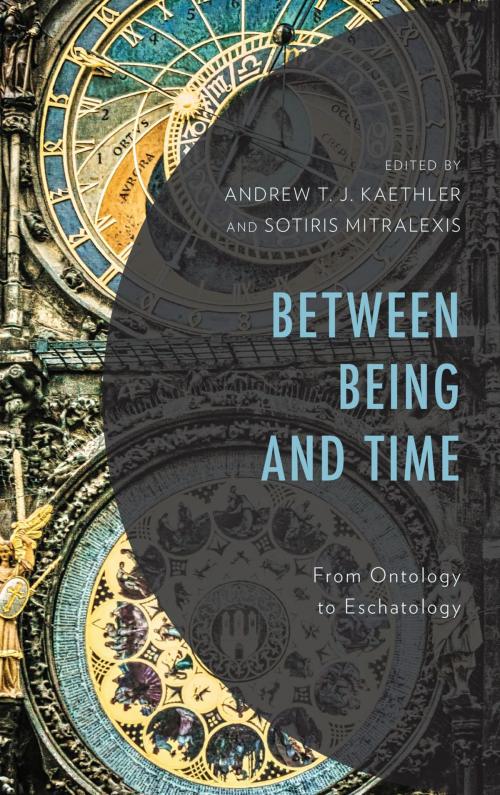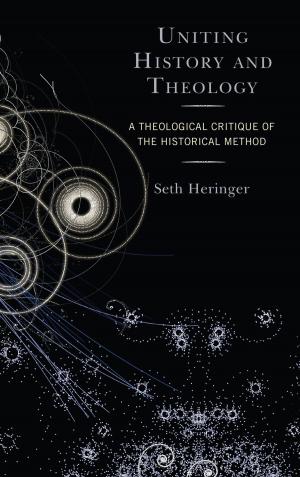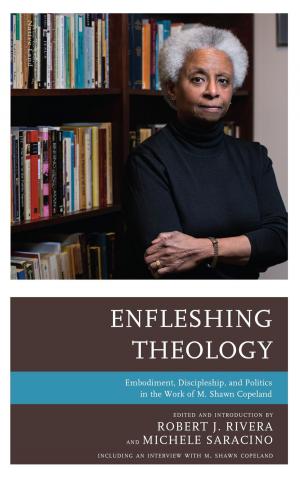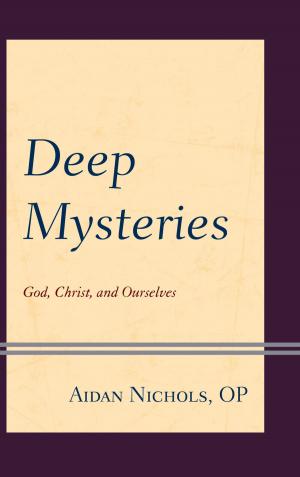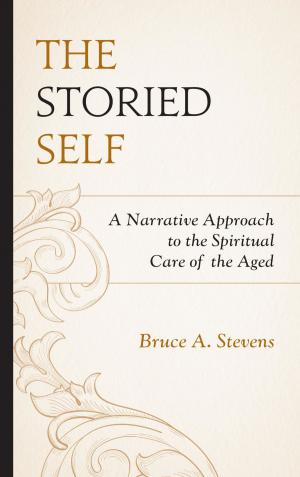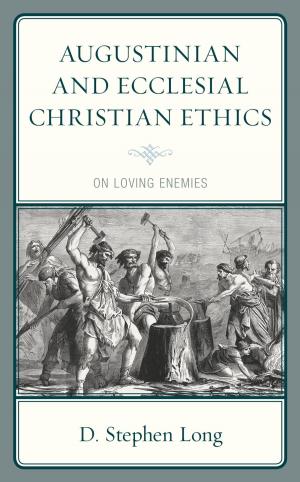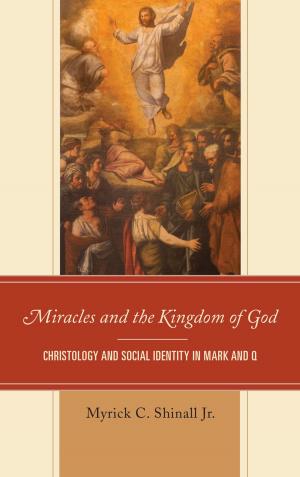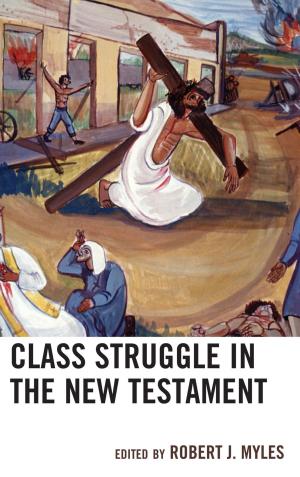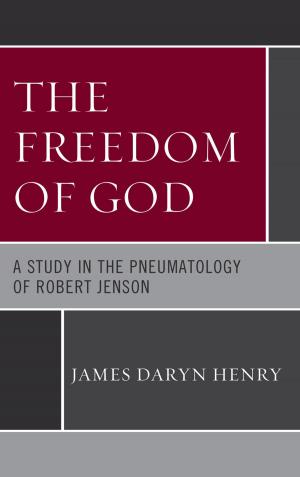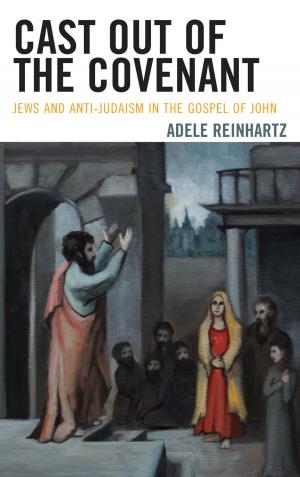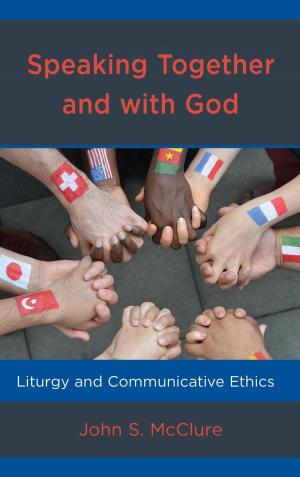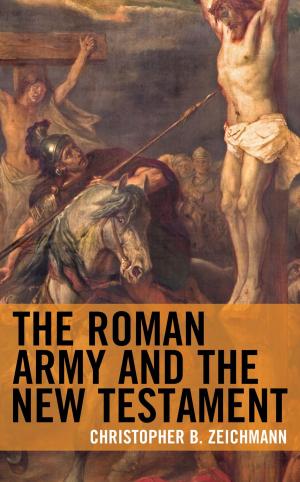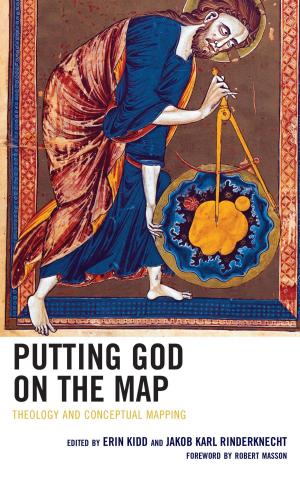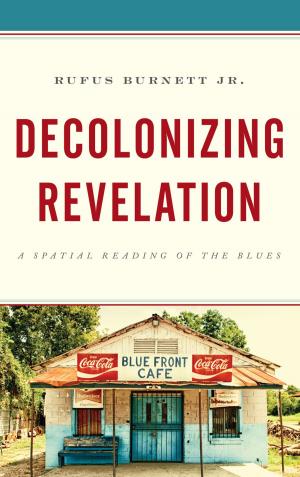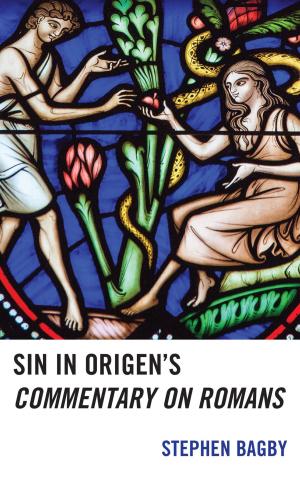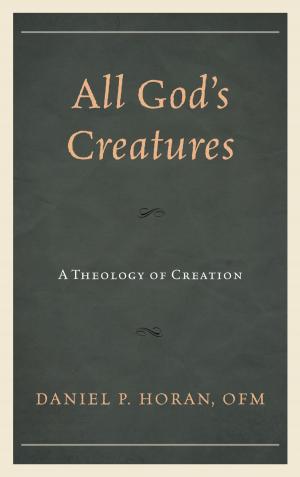Between Being and Time
From Ontology to Eschatology
Nonfiction, Religion & Spirituality, Reference, Eschatology, Philosophy, Religious, Theology| Author: | Matthew Baker, David W. Fagerberg, Demetrios Harper, Isabel C. Troconis Iribarren, Logan M. Issac, Nikolaos Loudovikos, Giulio Maspero, Daniel S. Robinson, Jared Schumacher, Dionysios Skliris, Chris Doude van Troostwijk, Maxim Vasiljević, Haralambos Ventis, Daniel Wright, Christos Yannaras | ISBN: | 9781978701816 |
| Publisher: | Fortress Academic | Publication: | February 7, 2019 |
| Imprint: | Fortress Academic | Language: | English |
| Author: | Matthew Baker, David W. Fagerberg, Demetrios Harper, Isabel C. Troconis Iribarren, Logan M. Issac, Nikolaos Loudovikos, Giulio Maspero, Daniel S. Robinson, Jared Schumacher, Dionysios Skliris, Chris Doude van Troostwijk, Maxim Vasiljević, Haralambos Ventis, Daniel Wright, Christos Yannaras |
| ISBN: | 9781978701816 |
| Publisher: | Fortress Academic |
| Publication: | February 7, 2019 |
| Imprint: | Fortress Academic |
| Language: | English |
This book explores the relationship between being and time —between ontology and history— in the context of both Christian theology and philosophical inquiry. Each chapter tests the limits of this multifaceted thematic vis-à-vis a wide variety of sources: from patristics (Maximus the Confessor, Gregory of Nyssa) to philosophy (Kant, Kierkegaard, Heidegger) to modern theology (Berdyaev, Ratzinger, Fagerberg, Zizioulas, Yannaras, Loudovikos); from incarnation to eschatology; and from liturgy and ecclesiology to political theology. Among other topics, time and eternity, protology and eschatology, personhood and relation, and ontology and responsibility within history form core areas of inquiry. Between Being and Time facilitates an auspicious dialogue between philosophy and theology and, within the latter, between Catholic and Orthodox thought. It will be of considerable interest to scholars of Christian theology and philosophy of religion.
This book explores the relationship between being and time —between ontology and history— in the context of both Christian theology and philosophical inquiry. Each chapter tests the limits of this multifaceted thematic vis-à-vis a wide variety of sources: from patristics (Maximus the Confessor, Gregory of Nyssa) to philosophy (Kant, Kierkegaard, Heidegger) to modern theology (Berdyaev, Ratzinger, Fagerberg, Zizioulas, Yannaras, Loudovikos); from incarnation to eschatology; and from liturgy and ecclesiology to political theology. Among other topics, time and eternity, protology and eschatology, personhood and relation, and ontology and responsibility within history form core areas of inquiry. Between Being and Time facilitates an auspicious dialogue between philosophy and theology and, within the latter, between Catholic and Orthodox thought. It will be of considerable interest to scholars of Christian theology and philosophy of religion.
